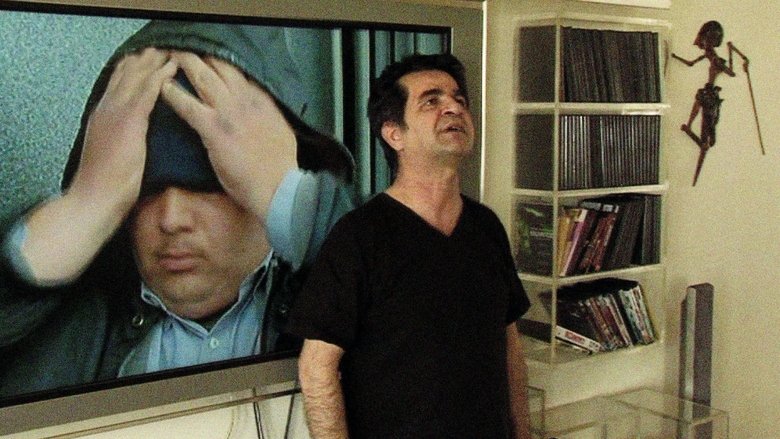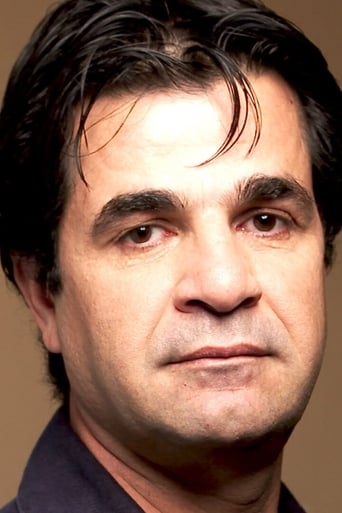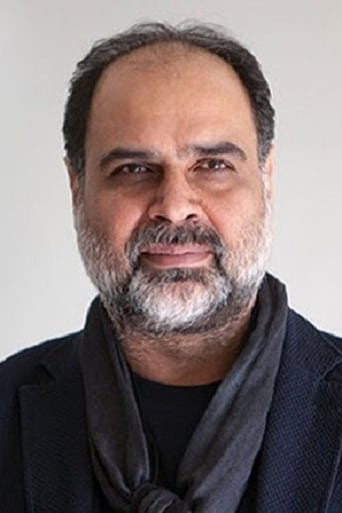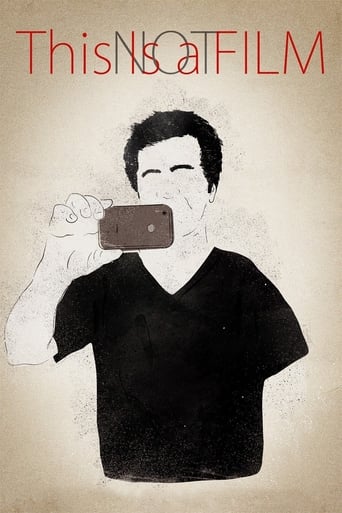
Renowned Iranian director Jafar Panahi received a 6-year prison sentence and a 20-year ban from filmmaking and conducting interviews with foreign press due to his open support for the opposition party in Iran's 2009 election. In this film, which was shot secretly by Panahi's close friend Mojtaba Mirtahmasb and smuggled into France on a USB stick concealed inside a cake for a last-minute submission to Cannes, Panahi documents his daily life under house arrest as he awaits a decision on his appeal.
Similar titles
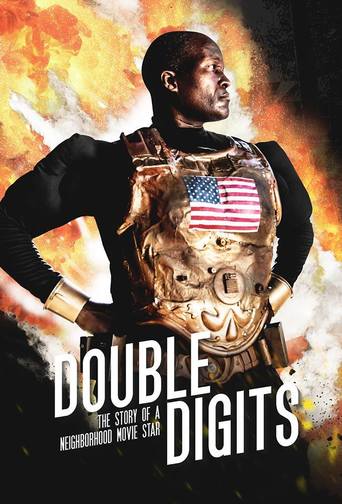
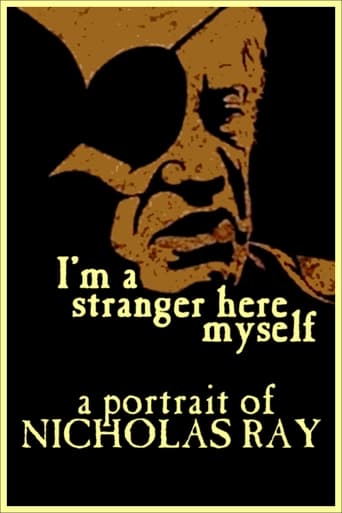
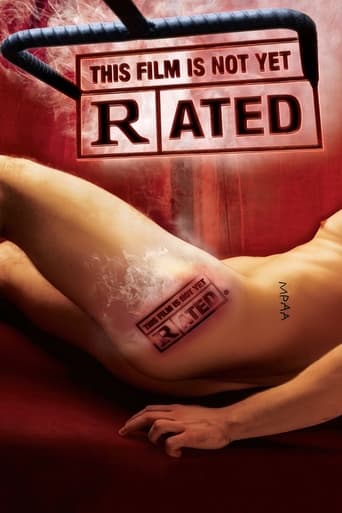
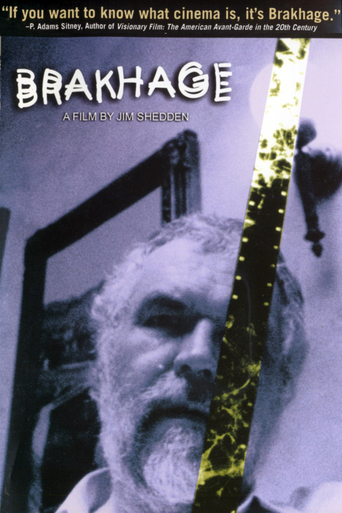
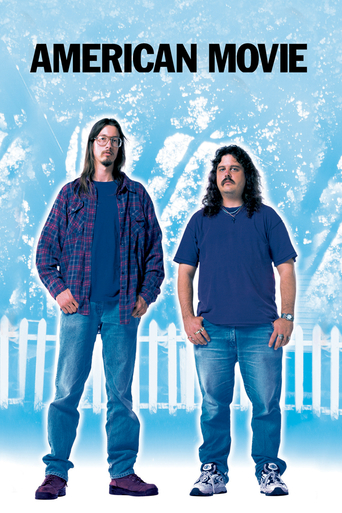
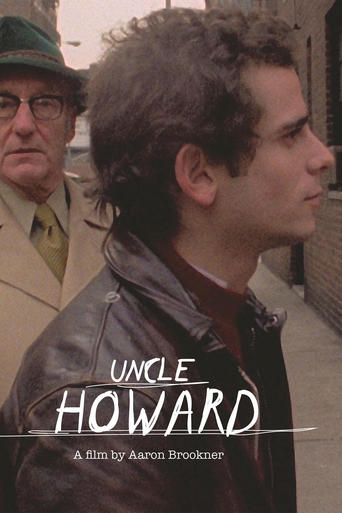
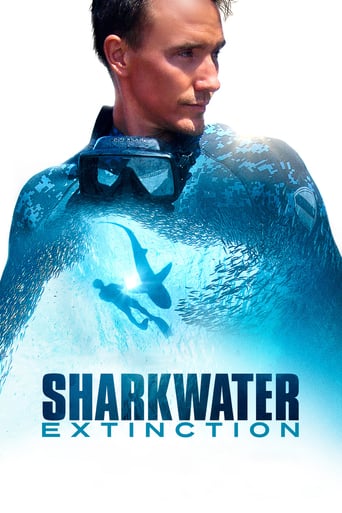
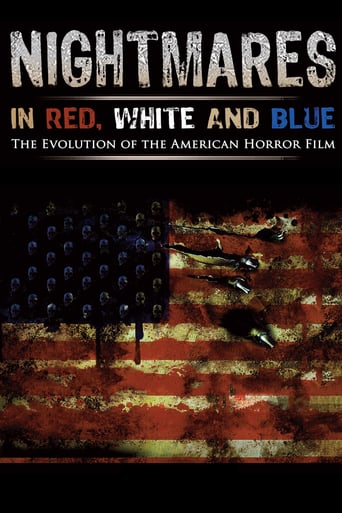
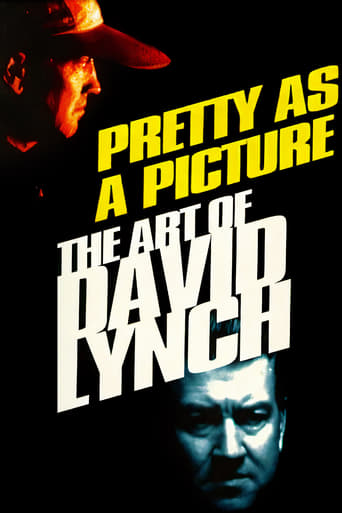
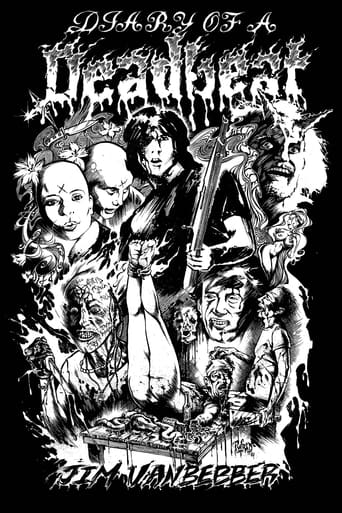
Reviews
Wonderful Movie
Why so much hype?
The acting in this movie is really good.
It's the kind of movie you'll want to see a second time with someone who hasn't seen it yet, to remember what it was like to watch it for the first time.
The first 10-20 minutes of this left me feeling sleepy. A filmmaker, unable to film because of his politics, films anyway, out of boredom. He has a script that was rejected by the government and he decides to act it out for his friend. However, he can't. It feels banal to him. It feels forced. He wants truth and it takes a long time to shirk your sense of self-consciousness when there's a camera in front of you.He puts in movies and shows his friend his favorite scenes, all the why standing by the phone, hoping to hear word on his appeal. It could take months before he knows something, although he is almost certainly going to jail. On the television, Japan is being crushed by a tsunami. On the streets, it is Fireworks Wednesday, a day the leadership in Iran has already said must end because it's not a religious holiday. A friend on the phone wants him to join him out on the street to watch the fireworks, but has to get off the phone because he's hit a checkpoint. He calls back a few minute later. It's okay, he said. They just looked at my camera. Anyway, this is Iran. At the moment, it feels we're in far greater danger of becoming like Iran than Iran is of becoming anything like us.
Jafar Panahi: "If we could tell a film, then why make a film?"My interest in Iranian cinema started with Dayereh (2000) by Jafar Panahi and since then I've watched a few other Iranian films of which most are directed by him. I remember after the first film I saw, I read about him on Wikipedia and read about his sentence and ban from film making. It is quite shocking and this gives more sense to this documentary which would have never been seen if it hadn't been smuggled out of Iran on a USB stick.In film nist starts with Jafar Panahi having breakfast over the course of breakfast he calls a friend, Iranian documentary director Mojtaba Mirtahmasb asking him to come over. The only link we have with the outside world is through his phone. Before his friend comes Jafar has a phone call with his lawyer who confirms that he will definitely have to go to prison and that she may try to reduce the ban duration on appeal but it's probably all she can do. She tells him that it is not a judiciary sentence but a political one. When his friend arrives, Jafar Panahi explains the last films he wanted to do and how they were both denied approval and had to let them go. He has the script of one and decides that he can explain it, using his living room, the carpet representing the room in which a girl is- also- imprisoned and a chair for the window.This is not a film is exactly what the title says it is. It is a day, a documentary at most. Most of Jafar Panahi movies give a lot of freedom to (amateur) actors who creates the whole atmosphere. It seems clear that this was not planned either, this has no script or no particular goal except to have a camera there, to document whatever could be documented before it's too late.The setting is also particular as the whole town goes crazy over the celebrations of "Fireworks Wednesday" and the two friends stay inside, wondering what to do and how to do it. It gets particularly strange when Jafar Panahi starts recording with his mobile phone, filming the act of being filmed. I think the highest point of this film being not a film, is when Jafar Panahi explains the story of this film he was going to make and in the middle of replaying it... He suddenly becomes silent and his face tells us that he has strong doubts and this is where the quote I picked is said, he doubts the whole concept of a film, of telling a story and if it is a story worth telling. It might be reduced to the film he was discussing in particular, however, I would think that it goes beyond that, that it touches every film he's done including this one.A lot of the issues are not entirely discussed, maybe as a way to retain dignity in the face of a sentence or simply because they are not thought out to be relevant. These very blunt, almost political and philosophical moments contrast with the comical aspect of his iguana pet slowly climbing a bookshelf or the neighbor who tries to leave her dog with him before he simply starts barking. It is also strongly incidental as when a young arts student walk in to come and pick the trash, a job he does to help out his sister and brother-in-law, suddenly the story focuses on him and as he goes on to pick up the trash, we follow him. In a way, isn't that what movies always tried to do, follow the strange happenings of life?I liked: It doesn't get much more explicitly banned film, well this is not a film.I disliked: Very random in a bumpy unscripted way.70/100 If you are looking for a deep political look in the situation of Iran's cinema industry and its struggle then you won't find it. This is a purely individual look at what it is to be a forbidden film maker.Read more reviews at: www.theordinaryreview.blogspot.com
This film was roundly praised by the filmmaking community and stories of it being smuggled out of Iran in a cake certainly helped to raise awareness of the fate of Jafar Panahi. Unlike some, I shall not pretend to be knowledgeable enough to have heard of him before this film, nor to be a fan of his work (!) as others were keen to point out – for me this was a learning experience as I never heard of him. As such the film was interesting in how it informed me about the situation and the bigger picture. However it did this by simply existing – before I'd even watched a second of it, so what would the actual film bring to the table?Well, the main thing is to illustrate the restraint of creativity by having Panahi "story-board" some of his existing script and also talk about some moments from his previous films. These moments are pretty engaging because he has a passion and he has a vision that comes over in these scenes. Other scenes add to his story and add value in this way, however too much of the film just illustrates his time in his house – and his time stuck in the house is dull; dull for him and dull for us. In a way it is good to share this, but it doesn't engage the audience and by shooting whatever is said or happens, then it feels like there is no goal or structure to the film.I can understand the logic and, as others have said, this is non-violent protest; Panahi has the chance to violently lash out with either direct verbal attacks or with snipe commentary and presentation, but he doesn't do this – instead he peacefully sits down in front of the camera and makes this non-film as a peaceful protest against the situation, not hurting anyone. However this passive approach doesn't engage and it is increasingly dull as it has less and less to say. I know the film was beloved of festivals and lovers of cinema and I would love to claim beauty and emotion and be able to present myself a certain way, but this was not the case for me. The value in the film is not enough for the length and I was bored of it outside of the few sections I describe. I am very glad the film exists – very glad indeed, but watching it is a very different matter.
Hidden inside a birthday cake and smuggled out of the country, the 75-minute "effort", This is Not a Film, tells us all we need to know about the cruelty of the Iranian dictatorship and the courage of film director Jafar Panahi. Panahi, who has given the world such masterpieces as The White Balloon, The Circle, and Crimson Gold was arrested in March, 2010 and faces a ban of twenty years from making films and a six-year prison sentence for "propaganda against the Islamic Republic." This refers to exercising free speech by speaking out against the rigged elected of Iranian President Mahmoud Ahmadinejad.As part of his sentence, Panahi is barred from making films or writing screenplays, is unable to speak in his behalf, and forbidden to leave the country. While awaiting the results of his appeal, Panahi is filmed in his home by fellow director Mojtaba Mirtahmasb using a digital video camera and a cell phone. What begins as an innocuous home movie with Panahi sitting at his table eating breakfast takes on an added dimension when he calls Mirtahmasb, asking him to come by to discuss some ideas, but cautions him not to tell anyone about his visit.While waiting for his friend to arrive, he talks on the phone with his lawyer who tells him that the court may waive the 20-year ban on filmmaking but are not likely to reduce his jail sentence. When Mirtahmasb arrives, Panahi reads from his latest screenplay which was rejected by the censors. Acting out the story, he puts tape around the area to suggest the apartment in which the story occurs. As he begins to read the screenplay about a young woman forbidden by her parents to attend university, tears come to his eyes and he stops, saying poignantly, "If we could tell a film, then why make a film?" and expresses his regret about the harshness of the penalty he faces. Soon he takes care of his pet Iguana, Igi, and cares for a neighbor's dog who doesn't know the value of silence. As fireworks explode on the streets to celebrate the Persian New Year, a college student arrives to collect the trash as a substitute for the custodian, and the two engage in a dialogue, remembering the day when Panahi was arrested. To bring home the point even more forcefully, Panahi watches as a TV newscaster proclaims that fireworks are illegal. What started out as a home movie at the end becomes an act of non-violent protest.
Top Streaming Movies











